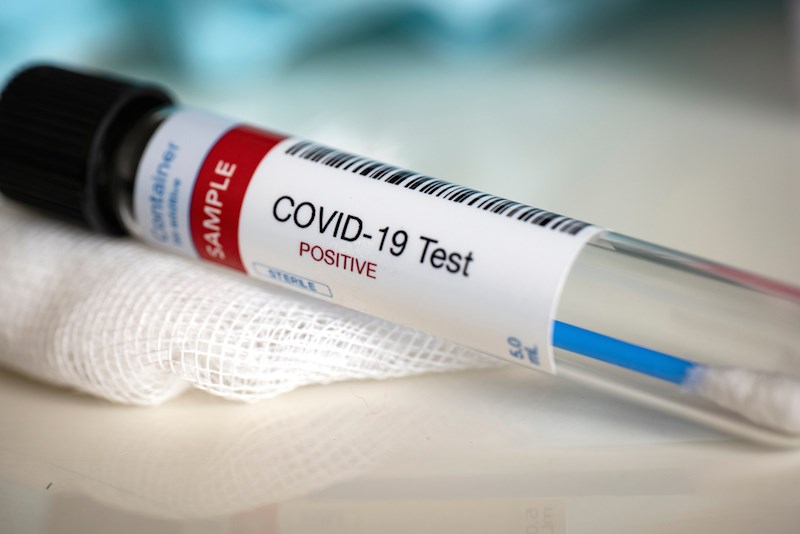British Columbians may see the total number of daily new COVID-19 cases double if people do not change their behaviour.
In today's coronavirus (COVID-19) briefing, Provincial Health Officer Dr. Bonnie Henry stated that B.C. is on track to see over 1,000 cases of the virus daily in the next 13 days if locals do not follow the latest health order.
So far, the Fraser Health region continues to see the highest number of new cases daily. And while Henry noted that it is the province's most populous region, she added that the rise in cases warrants concern.
"And right now, a lot of the focus on transmission in our communities, particularly in the Fraser Health and Â鶹´«Ã½Ó³»Coastal Health region, is because of our social interactions," said Henry.
"Whether it's in the community, or at our home, and we don't put in place those same measures in our home to keep us safe, that we do in other settings."
There are now 20,368 cases of the coronavirus (COVID-19) in B.C. after Henry announced 1,130 new cases in the two-day period that included Remembrance Day.
COVID-19 in the Public Sectors
According to Henry, very few transmissions or exposure events lead to cases from schools or daycares, or in places where there is safety protocol in place. She added that testing in children and youth has increased two-and-a-half times since August, and that "only 17 in 1000 tests are COVID positive."
As of Nov. 5, there have been 261 school exposures in B.C.’s 1,942 schools. More than three-quarters of B.C. schools are elementary schools. That means around 9 in 10 schools have not had a school exposure. The exposures represent both students and adults in the school community.
"We do know that our health care worker rate has come down dramatically from early on when we were testing health care workers it's almost exclusively. And it's less than 10% right now, of our all of our cases are people who are health care workers--the majority of them work as nurses are caring, so that's not surprising," she added.
New Public Health Order
The new provincial health orders restrict social gatherings of any size with anyone outside of your immediate household, as well as indoor group physical activities, including yoga, spin, group fitness and dance classes.
Basically, indoor locations "where people are increasing their heart rate," Henry said. "We have seen repeatedly, not just here, but around the world, that these are venues that we see rapid spread of this virus, even with people who don't recognize that they are ill."
That ban also applies to indoor competitions and games where physical distancing cannot be maintained, including sports such as minor hockey. However, Henry said, "these activities can be replaced with the individual exercise of practice and drills," as B.C. similarly permitted prior to the province's restart of its sports programs, so long as it "allows everyone to maintain safe physical distancing."
Public health officials are also recommending "in the very strongest terms" that British Columbians avoid travel into and out of the two health regions. "We need to go back to what we were doing in March and April and May, where it was essential travel only," Henry said.
That includes a ban on travelling into or outside of the two health regions for sports, for the time being.
Restaurants are permitted to remain open for the time being, on the condition that each establishment adheres to COVID-19 safety plans. If that isn't possible, Henry suggested that they revert to take-out only service.
Party buses and limousines are also ordered to cease operations for the two-week period.
--With files from Megan Lalonde.



